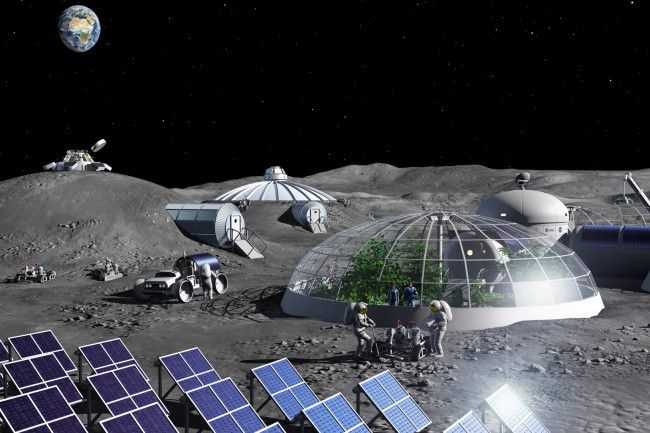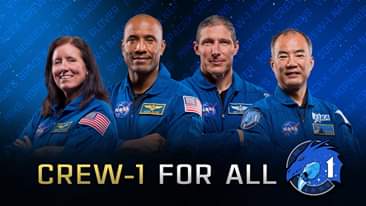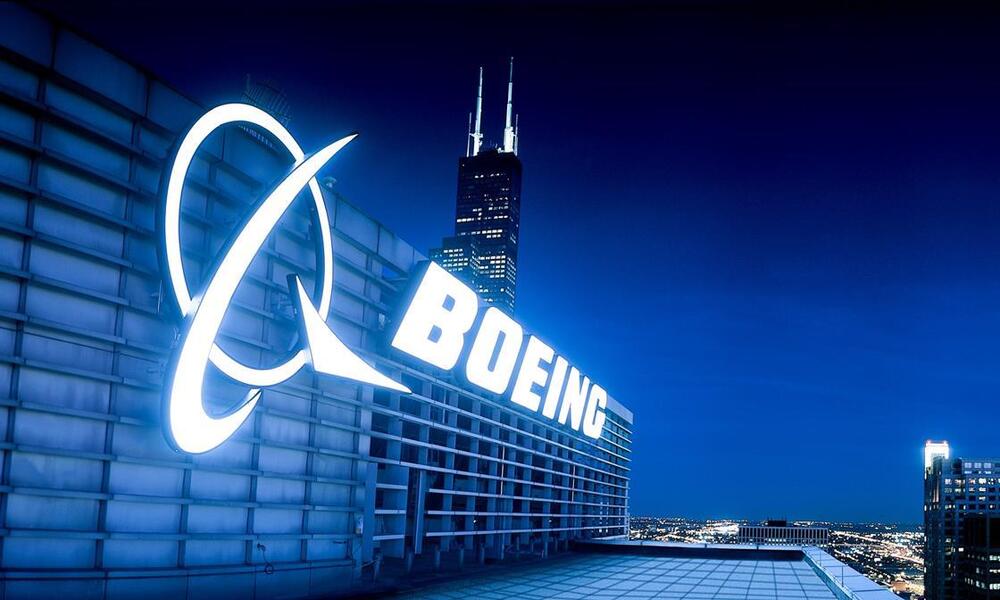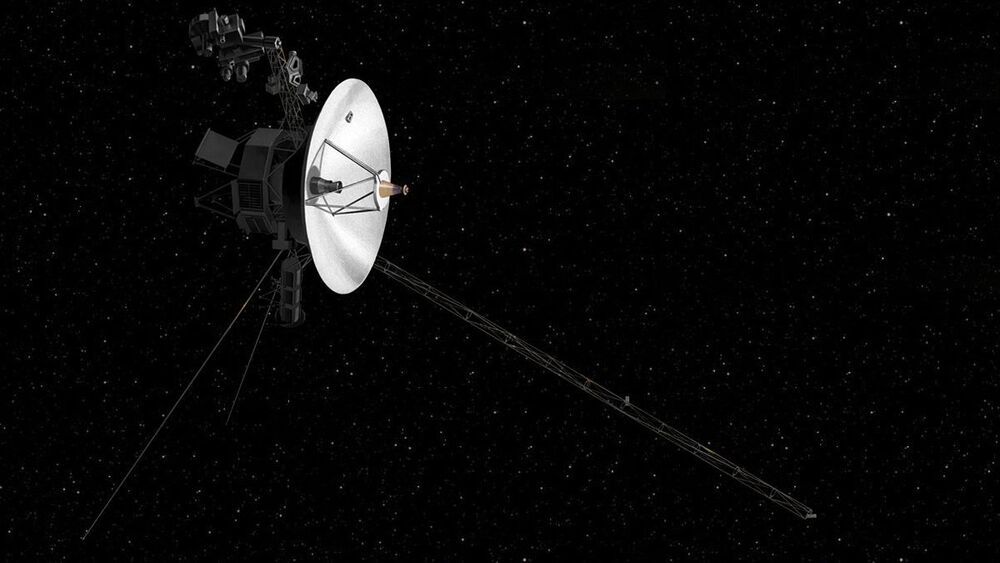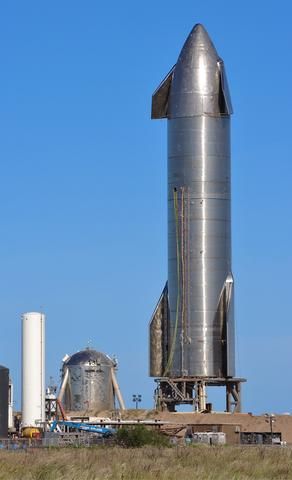NASA Administrator Jim Bridenstine
Kennedy Center Director Bob Cabana
Junichi Sakai, manager, International Space Station Program, JAXA
NASA astronaut Michael Hopkins, spacecraft commander
NASA astronaut Victor Glover, pilot
NASA astronaut Shannon Walker, mission specialist
JAXA astronaut Soichi Noguchi, mission specialist
Credit : NASA
This video has been used with NASA permission here :
https://www.nasa.gov/multimedia/guidelines/index.html
Follow http://bit.ly/362BQLW
Everything About Space “Mysterious space”
For everything about space. Live broadcasts, SpaceX, Launch America, go Moon, go Mars, new developments, Rocket Launch & Landings programs, Super moon, lunar eclipse, meteor shower, solar eclipse, NASA’s recent developments, deep space exploration and more. follow our channel. subscribe. like our videos and write your comments.
Thanks for watching — why not support this channel and help us grow. https://bit.ly/2LtyQ1J
